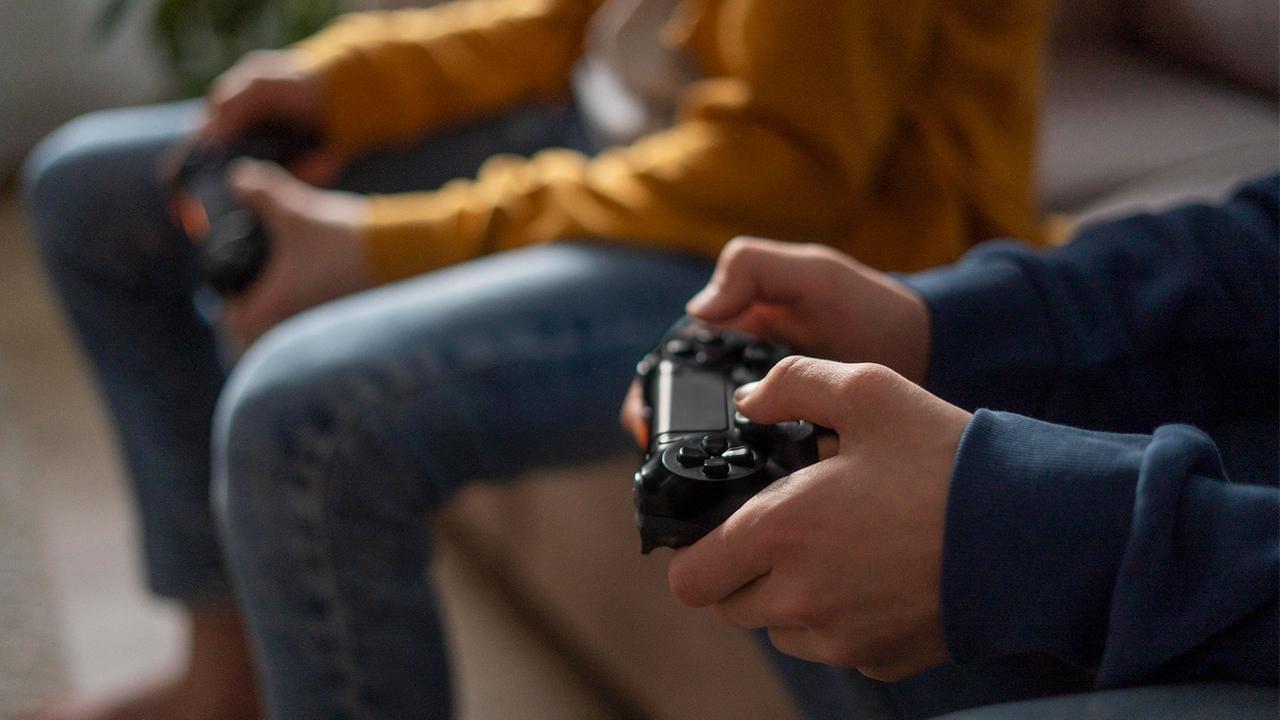Studies have shown that video games have a positive effect on well-being and reduce stress. Games can even help in psychotherapy when treating depression. But it all depends on the right amount.
“The positive effects are clearly noticeable when gaming is used specifically to reduce stress or promote mental health,” says Moritz Bergmann. The neuropsychologist and his colleagues at the University Hospital Bonn have been researching cognitive performance in people with psychiatric illnesses for several years.
Bergmann used a video game for weeks with patients suffering from depression: In the game “Super Mario Odyssey”, the well-known plumber is controlled through a colorful 3D world. “We were able to successfully show that video game training as a complementary treatment option to inpatient treatment for people suffering from depression can bring about improvements in their clinical symptoms as well as in their visual-spatial memory,” explains Bergmann.
Playing for well-being
Playing video games together is also very important for social well-being today, especially for young people, says Silke Lux, the senior psychologist at the University Hospital Bonn. “The young people play with their peers, discuss games as a common interest and expand their interactions and relationships,” says Lux. “Gaming thus promotes interactions in the real world by providing a common interest. Interactions can occur, for example, through game actions or built-in features such as in-game chat.” Multiplayer games have been shown to promote the quality of relationships, social support and psychosocial well-being.
But studies also show that people who already feel lonely can become even lonelier by playing video games. “The effects of video games depend greatly on the individual circumstances and the context of the game,” emphasizes Lux.
In flow against everyday stress
Video games offer players the opportunity to distract themselves from everyday stress and enter a state of “flow,” explains neuropsychologist Bergmann. This is a type of focused mindfulness in which a person is completely immersed in an activity, feels highly focused, and can experience an intense feeling of joy and fulfillment.
“In the flow state, people are often particularly productive and creative. Negative thought spirals are broken and the finding of innovative solutions is encouraged,” says Bergmann. Studies show that video games can reduce stress levels and increase self-esteem.
Gaming in the Behavioral therapy
Psychologist Benjamin Strobel has been researching video games for more than ten years and talks about his findings in the psychology podcast “Behind the Screens”. “There are a few games that have been specifically developed for use during psychotherapy sessions,” he says. “The game 'Treasure Hunt' and 'Ricky and the Spider' from the University of Zurich are used as part of behavioral therapy for children and young people with various illnesses.” Depressed young people in New Zealand can also play the role-playing game SPARX online for free, which studies have shown to be similarly successful as conventional psychotherapy in treating depression.
Video games have often been viewed with a very critical eye in the past, says Strobel. The focus of criticism has been on potential dangers such as high screen time, exposure to violence and the risk of computer game addiction. New studies show that video games, if used consciously and in moderation, can have a positive effect on well-being.
Michael Lang, SWR, tagesschau, 22.08.2024 08:34 a.m.





